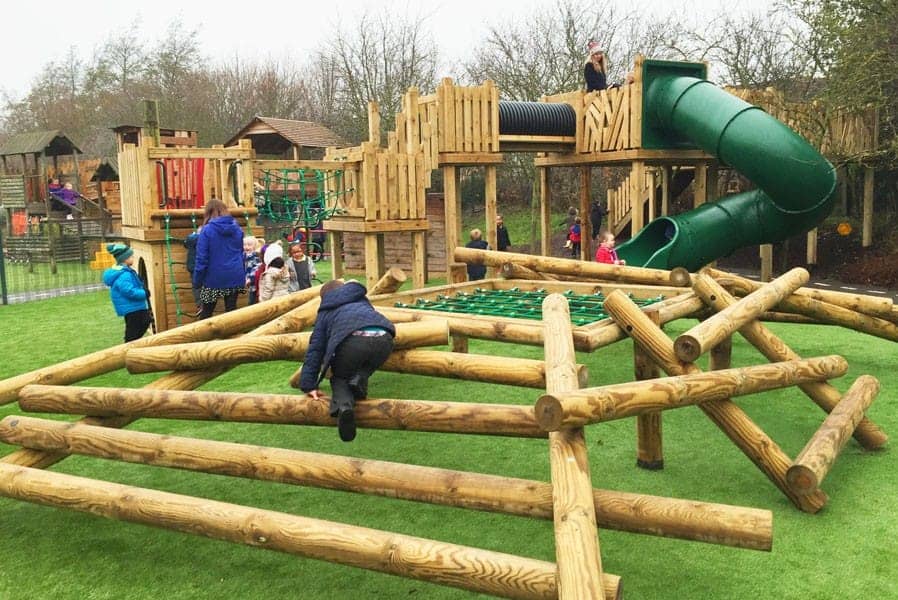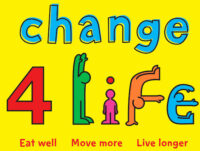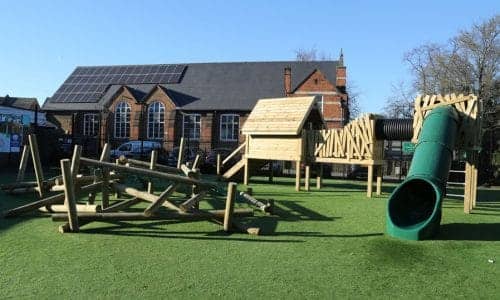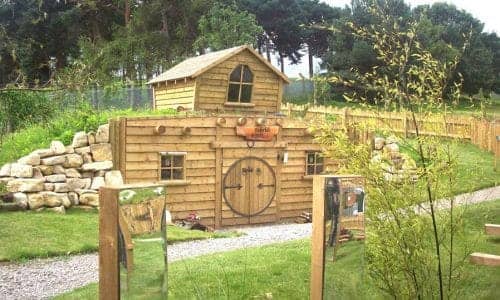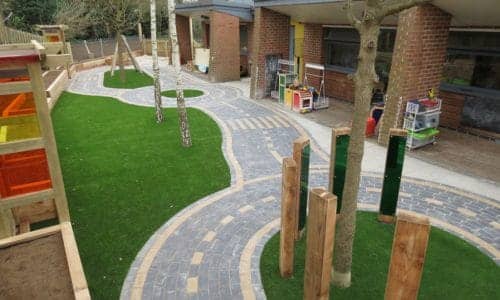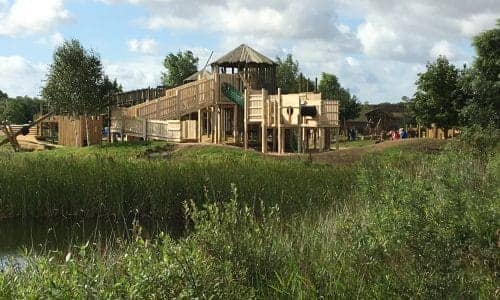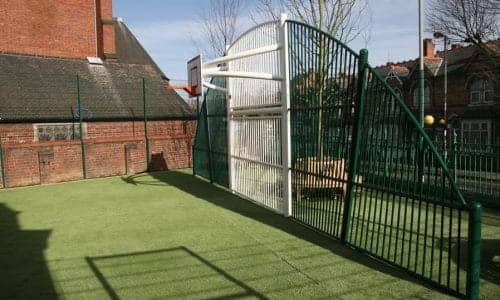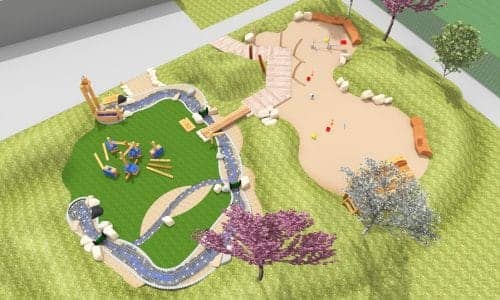Balance and coordination are fundamental physical skills that play a crucial role in the development of children, especially when they are engaged in activities on playgrounds. These skills are essential for both physical health and overall well-being.
Here’s why balance and coordination are so important for children in playgrounds:
- Physical Development: Engaging in activities that challenge balance and coordination helps children develop strong muscles, bones, and joints. These skills contribute to better posture, body awareness, and overall physical fitness. When children climb, swing, jump, and run on playground equipment, they are building strength and endurance while enhancing their motor skills.
- Brain Development: Activities that require balance and coordination stimulate different parts of the brain, promoting neural connections and cognitive development. These experiences help improve spatial awareness, problem-solving abilities, and the ability to plan and execute movements.
- Preventing Injuries: Developing good balance and coordination helps children avoid accidents and injuries. It allows them to react quickly and adapt their movements to changing situations, reducing the risk of falling and getting hurt during play.
- Confidence Building: Mastering balance and coordination skills can boost a child’s self-confidence. As they learn to navigate challenging playground equipment, they gain a sense of achievement and a belief in their abilities. This confidence can extend beyond the playground and positively impact other areas of their life.
- Social Interaction: Playground activities often involve interacting with other children. Developing good balance and coordination enables children to participate more fully in group games and activities, fostering social skills, cooperation, and teamwork.
- Sensory Integration: Playground experiences stimulate multiple senses simultaneously. Engaging in activities that require balance and coordination helps children integrate sensory input from their environment, contributing to their sensory processing skills.
- Healthy Lifestyle: Encouraging children to engage in active play that challenges their balance and coordination sets the foundation for a healthy lifestyle. When physical activity is enjoyable and rewarding, children are more likely to continue being active as they grow older, reducing the risk of obesity and related health issues.
- Motor Skill Development: Balance and coordination are fundamental components of gross motor skills, which are essential for everyday activities like walking, running, and playing sports. Developing these skills at a young age provides a strong foundation for future athletic pursuits and physical activities.
- Emotional Regulation: Physical activity, especially activities that challenge balance and coordination, can have a positive impact on a child’s mood and emotional well-being. Playgrounds provide an outlet for releasing pent-up energy and stress, contributing to emotional regulation and mental health.
- Cognitive Benefits: Activities that require balance and coordination often involve problem-solving, decision-making, and spatial reasoning. These cognitive skills are essential for academic success and overall cognitive development.
Overall, balance and coordination are integral aspects of a child’s physical, cognitive, and emotional development. Playgrounds offer an ideal environment for children to hone these skills while having fun and engaging with their peers. Encouraging active play that challenges balance and coordination can have far-reaching positive effects on a child’s growth and well-being.





